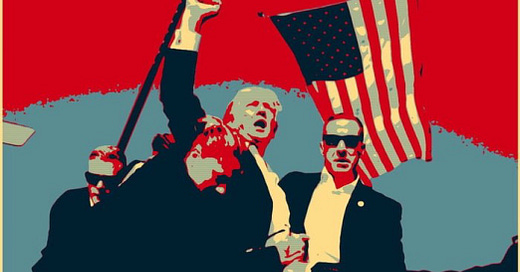Misfortune and Misfits
A scandal in Japan, Europe is leaderless, Trump VP is JD Vance, Vance: "I certainly think we should be much more aggressive in applying tariffs on a whole host of industries."

A scandal in Japan
More than 200 defence officials punished for mishandling classified data
By ABC Australia and International Affairs Russia
Japan’s defence ministry and forces are under scrutiny over allegations…




